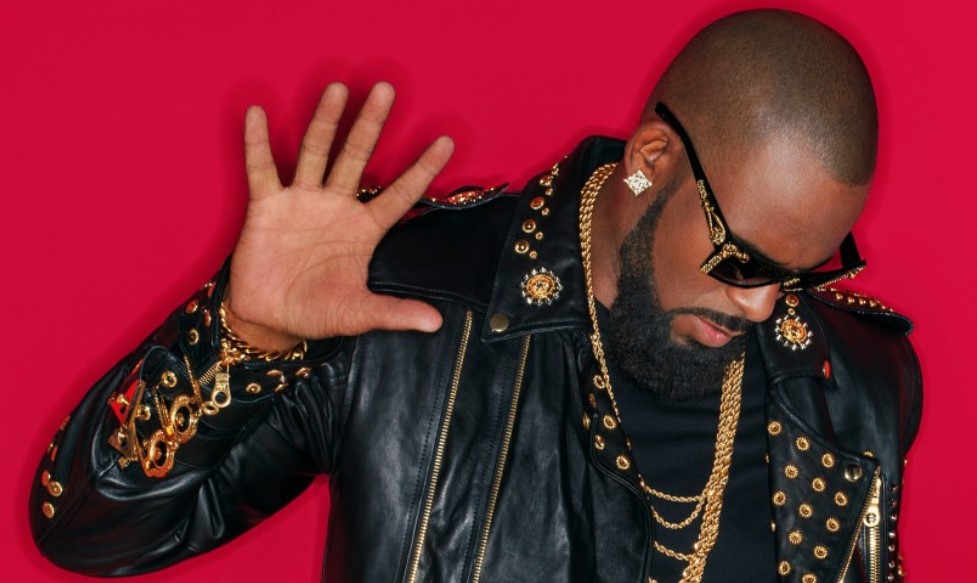R&B artist R Kelly was given a 30-year prison term on Wednesday for orchestrating and leading a decades-long plot to lure young girls and women in prostitution.
Nearly a year after the 55-year-old R Kelly was found guilty by a New York jury, Judge Ann Donnelly imposed the sentence in federal court in Brooklyn.
“The verdict is in: R. Kelly has been sentenced to 30 years,” the US attorney’s office for the Eastern District of New York said in a tweet.
The prosecutors had urged the court to put the “I Believe I Can Fly” artist behind bars for at least 25 years, saying he still “poses a serious danger to the public.”
R Kelly Found Guilty on all 9 Charges

In September, the fallen superstar was found guilty on all nine charges he faced, including the most serious of racketeering.
“His actions were brazen, manipulative, controlling and coercive. He has shown no remorse or respect for the law,” prosecutors wrote in their sentencing memo.
Kelly’s lawyers called for a lighter sentence with a maximum of approximately 17 years.
The sentence comes just over a month before jury selection is due to start in Kelly’s separate, long-delayed federal trial in Chicago on August 15.
In that case, R Kelly and two of his former associates are alleged to have rigged the singer’s 2008 pornography trial and hid years of sexual abuse of minors.
The musician who once dominated R&B also faces prosecution in two other state jurisdictions.
MeToo
Kelly’s conviction in New York was widely seen as a milestone for the #MeToo movement: It was the first major sex abuse trial where the majority of accusers were Black women.
It was also the first time Kelly faced criminal consequences for the abuse he for decades was rumored to have inflicted on women and children.
Prosecutors were tasked with proving Kelly guilty of racketeering, a federal charge commonly associated with organized crime syndicates that depicted Kelly as the boss of an enterprise of associates who facilitated his abuse.
Calling 45 witnesses including 11 alleged victims to the stand, they painstakingly presented a pattern of crimes they say the artist born Robert Sylvester Kelly carried out for years with impunity, capitalizing on his fame to prey on the less powerful.
To convict Kelly of racketeering, jurors had to find him guilty of at least two of 14 “predicate acts” — the crimes elemental to the wider pattern of illegal wrongdoing.
Lurid testimony intended to prove those acts included accusations of rape, druggings, imprisonment and child pornography.
His accusers described events that often mirrored one another: Many of the alleged victims said they had met the singer at concerts or mall performances and were then handed slips of paper with Kelly’s contact details by members of his entourage.
Several said they were told he could bolster their music industry aspirations.
But prosecutors argued all were instead “indoctrinated” into Kelly’s world — groomed for sex at his whim and kept in line by “coercive means of control,” including isolation and cruel disciplinary measures, recordings of which were played for the jury.
Core to the state’s case was Kelly’s relationship with the late singer Aaliyah.
Kelly wrote and produced her first album — “Age Ain’t Nothin’ But A Number” — before illegally marrying her when she was just 15 because he feared he had impregnated her.
His former manager admitted in court to bribing a worker to obtain fake identification allowing the union, which was later annulled.






